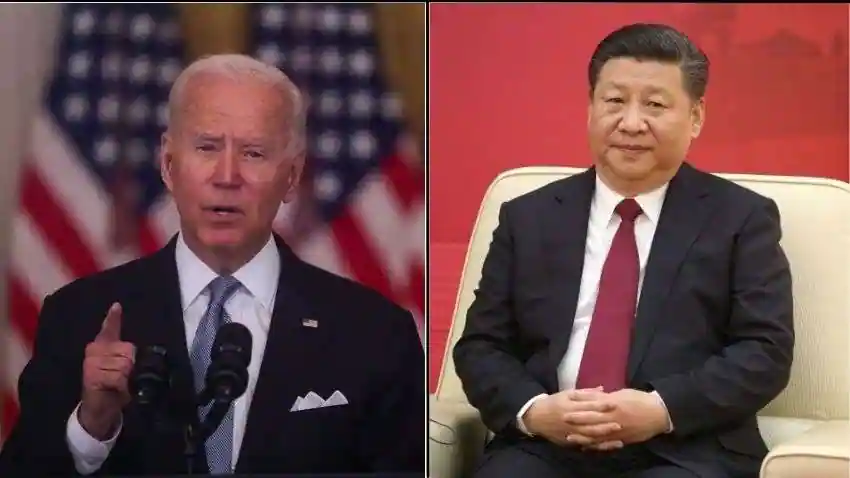Running Dispute: United States Regulators To Vet Alibaba, JD.com, other Chinese Firms’ Audits
OpenLife Nigeria has gathered that United States of America regulators have selected e-commerce majors, Alibaba Group Holding Ltd (9988.HK) and JD.com Inc (9618.HK) among other U.S.-listed Chinese companies for audit inspection starting next month, people with knowledge of the matter said.
The selection follows a landmark audit deal between Beijing and Washington on Friday allowing U.S. regulators to vet accounting firms in mainland China and Hong Kong, potentially ending a long-running dispute that threatened to boot more than 200 Chinese companies from U.S. stock exchanges.
The tech duo along with Yum China Holdings Inc (9987.HK) – owner of KFC, Taco Bell and Pizza Hut restaurants in China – have been notified that they are among the first batch of Chinese companies whose audits will be inspected in Hong Kong by U.S. audit watchdog, the Public Company Accounting Oversight Board (PCAOB), the source said, declining to be identified due to confidentiality constraints. The respective accounting firms of Alibaba, JD.com and Yum China – PwC, Deloitte and KPMG – have also been notified of the inspection.
Alibaba, JD.com, Yum China and the China Securities Regulatory Commission did not respond to requests for comment. Spokespeople for PwC and Deloitte said it was company policy not to comment on client matters. KPMG declined to comment on the matter. A PCAOB spokesperson said the board did not comment on inspections.
Alibaba’s U.S.-listed stock closed down nearly 3% on Tuesday, having been up about 1% in pre-market trade. Its Hong Kong shares closed down 1% on Wednesday, after slumping more than 3% in the morning. U.S. regulators have for more than a decade demanded access to audit papers of U.S.-listed Chinese companies, but Chinese authorities have been reluctant to let U.S. regulators inspect accounting firms in China, citing national security concerns.
Alibaba, which went public in New York in 2014 in what was at the time the largest listing in history, is the most valuable Chinese firm listed in the United States with a market value of $248 billion as of Tuesday.
The PCAOB on Friday said it has notified the selected companies, without naming them, and that it expects its officials to land in Hong Kong, where the inspections will take place, by mid-September.
The regulator, which oversees audits of U.S.-listed companies, said it selects companies based on risk factors, such as size and sector, and that no companies could expect special treatment. At the moment, it can not immediately be determined how many and which other Chinese firms were in the first batch of U.S. inspections.
Alibaba was founded in 1999 with e-commerce as its key business. It has expanded into fast-growing sectors such as cloud services and internet of things in recent years and also owns AutoNavi, a large Chinese digital mapping and navigation firm.
In July, Alibaba was added to the U.S. Securities and Exchange Commission’s (SEC) list of Chinese companies that might be delisted if they did not comply with audit requirements. The list now has more than 160 Chinese companies including JD.com, Yum China and electric vehicle maker Nio Inc .
Current U.S. rules stipulate that Chinese companies that are not in compliance with audit working papers requests will be suspended from trading in the United States in early 2024.
Days before being added to the SEC’s delisting watchlist, Alibaba said it planned to add a primary listing in Hong Kong to its New York presence, targeting investors in mainland China. read more
Already present on the Hong Kong bourse with a secondary listing since 2019, the tech behemoth said it expects the primary listing to be completed by the end of 2022.
Yum China in mid August said it had also applied for a primary listing in the city, as it looks to circumvent a risk of delisting from New York. The company expects conversion from its current secondary listing status to primary to be completed in October, subject to shareholder approval.
Source: Reuters






